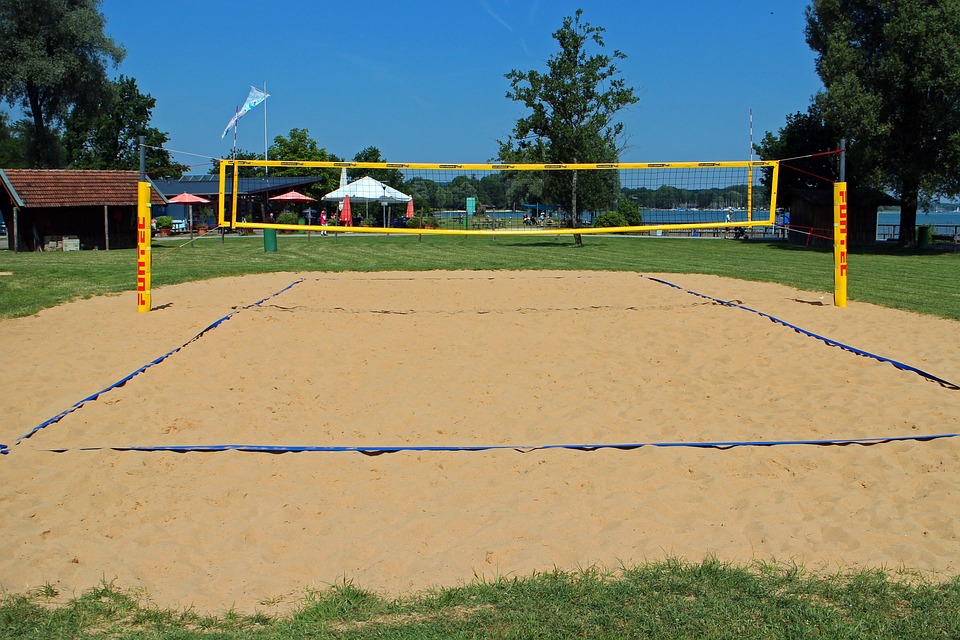Volleyball is more than just a game; for many, it’s a passion that transcends playful moments on the beach or recreational leagues at the local gym. For aspiring athletes, the journey from playing for fun to pursuing volleyball as a profession is a transformative experience filled with dedication, hard work, and resilience. This article delves into the various stages that these athletes navigate and the challenges they face along the way.
The Initial Spark: Discovering the Love for Volleyball
For most aspiring players, the journey begins with a simple love for the sport. This initial spark often ignites in informal settings—backyard games, school competitions, or beach outings. As they experiment with different positions on the court, many discover their unique talents and skills.
For young athletes, engaging in volleyball fosters teamwork, communication, and physical fitness. These elements create a sense of belonging that attracts many to the sport. Whether through youth camps, school teams, or club memberships, this early exposure helps to solidify their passion.
Training and Development: From Novice to Competitor
Once the enthusiasm for volleyball solidifies, the next phase begins: rigorous training and development. Aspiring athletes typically join competitive clubs or high school teams where they receive specialized coaching. This marks the transition from casual play to serious training, where athletes clock in countless hours of practice focusing on their technique, strategy, stamina, and mental resilience.
Importance of Coaching and Mentorship
Coaching plays a vital role in shaping the athlete’s journey. Good coaches provide not only technical guidance but also psychological support, helping players navigate the highs and lows of competitive sports. Many successful volleyball players credit their coaches for instilling discipline, a strong work ethic, and the importance of teamwork—attributes essential for both individual growth and team success.
Competing at Higher Levels: Facing the Challenges
As athletes hone their skills, they begin competing at local, regional, and even national levels. This advancement introduces new challenges, such as increased competition, injuries, and mental pressures. Performance anxiety often rears its head, especially when the stakes are high, and aspirations for scholarships or professional contracts loom.
Moreover, the physical demands of volleyball cannot be ignored. Athletes must endure grueling training sessions and adapt to the rigors of match schedules, all while balancing academics, work, or other commitments. This is where resilience is tested, and many athletes find themselves questioning their commitment to their dreams.
The Transition to Professional Play
For those who make it past the competitive amateur stage, the transition to professional volleyball can resemble a rollercoaster ride. Some athletes might receive scholarships to play at colleges or universities, allowing them to further refine their skills while continuing their education. Others may go directly into professional leagues, where the pressure to perform is magnified.
In professional arenas, players navigate not only the physicality of the game but also the business side of sports, including contracts, endorsements, and public scrutiny. Agents and managers play crucial roles in negotiating deals, while personal branding becomes increasingly important in the age of social media.
The Reality of a Short Career
While pursuing a professional career in volleyball can be exhilarating, it’s also important to confront the realities of a short athletic career. Many players find themselves needing to develop a backup plan or alternative skills for life after sports. This may include furthering their education, coaching, or exploring avenues in sports management.
Community and Support Systems
Throughout this journey, community support remains crucial. Family, friends, and fellow athletes create a network that can provide emotional and moral support during tough times. Many aspiring athletes also find camaraderie and motivation in online forums or social media groups dedicated to volleyball, fostering a sense of connection and shared experience.
Conclusion: The Journey Continues
The journey from hobby to profession in volleyball is not just about mastering spikes and serves; it’s a comprehensive experience that shapes characters and fosters lifelong skills. For aspiring athletes, the road may be fraught with challenges, but it also offers immense rewards.
As they navigate their way through the ups and downs of competition, the fundamental lessons learned—teamwork, perseverance, and dedication—extend far beyond the court. For many, the journey continues, whether on the volleyball court, in coaching roles, or as advocates for the sport they love. Thus, the cycle of passion, commitment, and community in volleyball never truly ends; it simply evolves into new forms, inspiring the next generation of players to dream big and reach higher.



